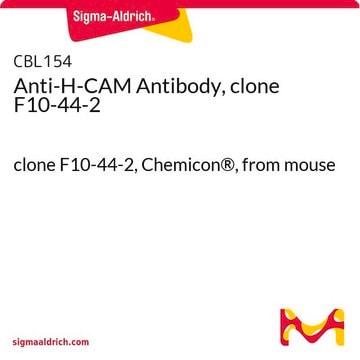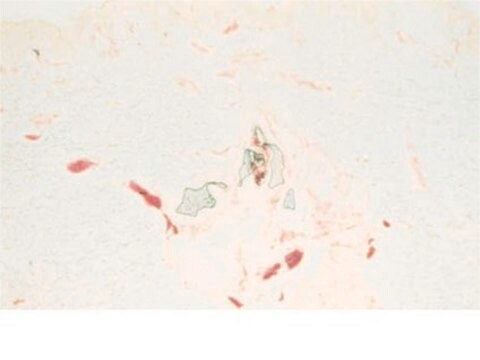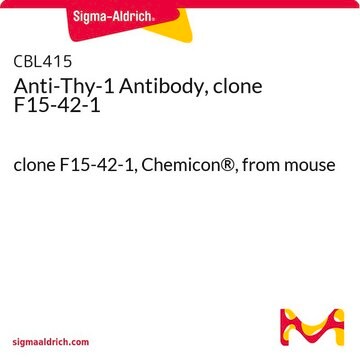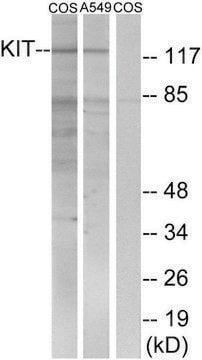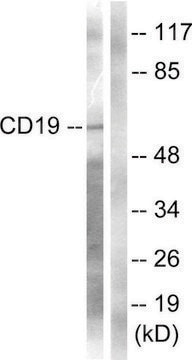MAB4315
Anti-STRO-1 Antibody, clone STRO-1
ascites fluid, clone STRO-1, Chemicon®
About This Item
Recommended Products
biological source
mouse
Quality Level
antibody form
ascites fluid
antibody product type
primary antibodies
clone
STRO-1, monoclonal
species reactivity
human, primate
manufacturer/tradename
Chemicon®
technique(s)
flow cytometry: suitable
immunofluorescence: suitable
input
sample type mesenchymal stem cell(s)
isotype
IgM
shipped in
dry ice
target post-translational modification
unmodified
General description
Specificity
Immunogen
Application
Analysis Note
Bone marrow cultures
Legal Information
Not finding the right product?
Try our Product Selector Tool.
Storage Class Code
10 - Combustible liquids
WGK
WGK 1
Flash Point(F)
Not applicable
Flash Point(C)
Not applicable
Certificates of Analysis (COA)
Search for Certificates of Analysis (COA) by entering the products Lot/Batch Number. Lot and Batch Numbers can be found on a product’s label following the words ‘Lot’ or ‘Batch’.
Already Own This Product?
Find documentation for the products that you have recently purchased in the Document Library.
Articles
Frequently asked questions about mesenchymal stem cells including MSC derivation, expansion, differentiation and allogenic stem cell therapy.
Frequently asked questions about mesenchymal stem cells including MSC derivation, expansion, differentiation and allogenic stem cell therapy.
Frequently asked questions about mesenchymal stem cells including MSC derivation, expansion, differentiation and allogenic stem cell therapy.
Frequently asked questions about mesenchymal stem cells including MSC derivation, expansion, differentiation and allogenic stem cell therapy.
Protocols
Information about mesenchyme, specifically mesenchymal stem cell procotols. Step-by-step cell culture protocols for mesenchymal stem cell (MSC) isolation, expansion and differentiation.
Our team of scientists has experience in all areas of research including Life Science, Material Science, Chemical Synthesis, Chromatography, Analytical and many others.
Contact Technical Service

